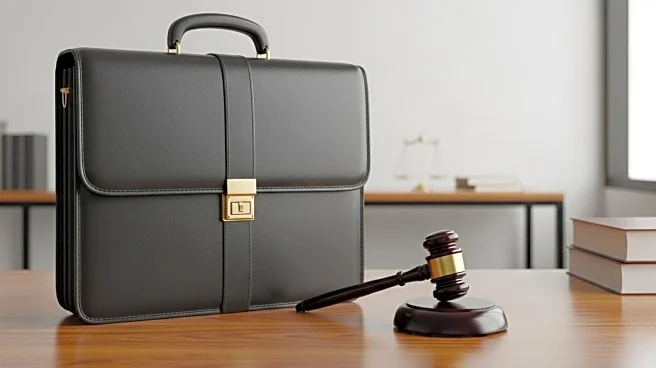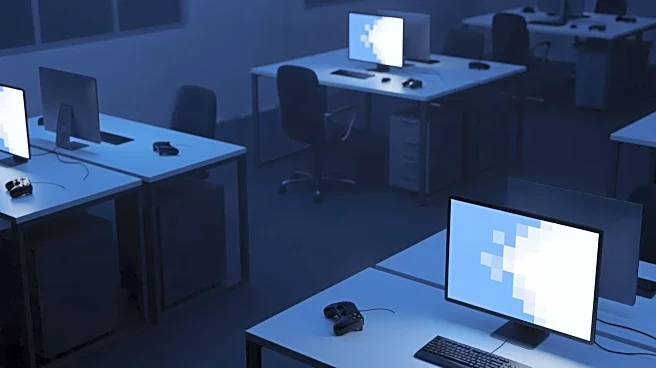What's Happening?
Dave Smith, a blacklisted construction worker and secretary of the Blacklist Support Group, has filed a legal challenge against the decision of an inquiry into undercover policing. Smith was informed that he would not be called to give oral evidence in the next phase of the inquiry, which he argues is unreasonable and irrational. His legal team contends that omitting his testimony would undermine the inquiry's ability to uncover the truth about blacklisting practices. Smith's involvement in the inquiry dates back to 2015 when he was designated as a core participant, and he previously provided oral evidence in 2020. The inquiry, set to begin its third tranche of evidence on October 13, will focus on undercover police operations between 1993 and 2007.
Why It's Important?
The challenge brought by Dave Smith highlights significant concerns about transparency and accountability in the inquiry into undercover policing. Blacklisting has been a contentious issue, affecting thousands of workers in the construction industry. Smith's testimony is seen as crucial to understanding the extent of police involvement in these practices. The outcome of this legal challenge could impact the credibility of the inquiry and its findings, potentially influencing public trust in law enforcement and government oversight. The case underscores the importance of ensuring that inquiries into historical injustices are thorough and inclusive of all relevant testimonies.
What's Next?
The High Court will review Smith's challenge, and a decision will be made regarding his participation in the inquiry. If successful, Smith's testimony could provide critical insights into the practices of blacklisting and the role of undercover policing. The inquiry's findings may lead to policy changes or reforms in how such practices are monitored and prevented in the future. Stakeholders, including construction industry workers and civil rights groups, will be closely watching the developments, as the inquiry's conclusions could have broader implications for worker rights and police accountability.
Beyond the Headlines
The case raises ethical questions about the balance between national security and individual rights. The use of undercover policing to monitor political activists and workers has been criticized for potentially infringing on civil liberties. The inquiry's handling of evidence and testimonies will be scrutinized for fairness and transparency, which are essential for maintaining public confidence in governmental processes. Long-term, the inquiry's findings could influence legislative changes aimed at protecting workers from unjust surveillance and blacklisting.









